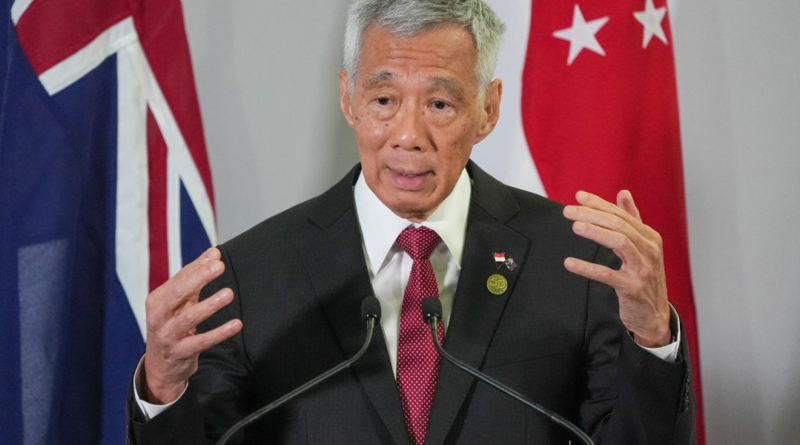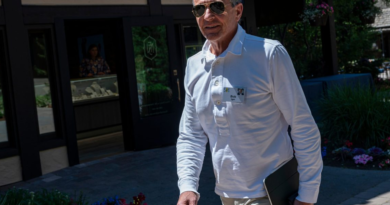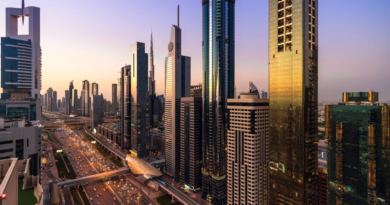Singapore Prime Minister Lee Hsien Loong is stepping aside for the first change at the top at the business friendly island state in 20 years
Singapore Prime Minister Lee Hsien Loong, 72, will step down May 15 as part of a long-planned succession, ending a two-decade run and ushering in a new era led by his deputy Lawrence Wong.
Deputy Prime Minister Wong, 51, who’s also finance minister, will become the city-state’s fourth premier the same day. Wong has the unanimous support of the ruling party lawmakers, according to a statement issued by the Prime Minister’s Office on Monday.
“I ask all Singaporeans to give Lawrence and his team your full support, and work with them to create a brighter future for Singapore,” Lee said in a post on Facebook.
Under Lee’s helm, Singapore’s gross domestic product per capita more than trebled to nearly $92,000, becoming one of the world’s highest. The island has also sought to advance its appeal as a beacon for foreign investors in an increasingly competitive region.
“Every ounce of my energy shall be devoted to the service of our country and our people,” Wong said in a video posted on Instagram. “Together, we can build a future that shines brightly for all Singaporeans.”
Singapore’s leadership succession is a carefully telegraphed event that’s been years in the making. Lee’s earlier wish to hand over the reins before he turned 70 was disrupted by Covid-19 and the shock decision in 2021 by then-designated successor Heng Swee Keat to step aside, citing his age.
Lee was first elected in 1984. He became prime minister in 2004, making him one of the longest-serving current political leaders in the world. His father, the late Lee Kuan Yew, served as Singapore’s first prime minister from 1959 to 1990. The elder Lee and Lee’s predecessor Goh Chok Tong were made senior ministers after resigning as premiers.
The ruling People’s Action Party had its worst performance in the 2020 election despite winning 89% of parliamentary seats. The opposition pushed for measures to help low-income Singaporeans and a preference to hire locals over foreigners.
Lee has said the leadership succession would coincide with the vote that’s due by 2025 and he will be at the “new PM’s disposal.”
The once-in-a-generation shift is expected to maintain continuity even if Wong does not share the political pedigree of his predecessor. Before he joined politics in 2011, Wong was a civil servant including a stint as Lee’s principal private secretary.
Wong faces challenges amid domestic anxieties over still-elevated costs of living and worker competitiveness. The handover also comes on the back of a series of scandals that have rattled the ruling party’s reputation for clean governance, including a minister who’s been charged with corruption and subsequently resigned.
Monday’s announcement comes at a time of rising uncertainty: from the intensifying geopolitical rivalry between the US and China to supply chain disruptions arising from wars in Ukraine and Gaza. Wong has been taking a bigger role on the international stage of late, including a trip to Europe last week where he had a working dinner with French President Emmanuel Macron and met German Chancellor Olaf Scholz.
With Lee expected to continue being involved in government, the earlier the formal handover to Wong takes place, the better, said Bilveer Singh, deputy head of the department of political science at the National University of Singapore.
“The world is becoming a very dangerous and difficult place for Singapore to live in. So get on with the business of government,” Singh said. “In terms of power structure, nothing fundamental will change.”




